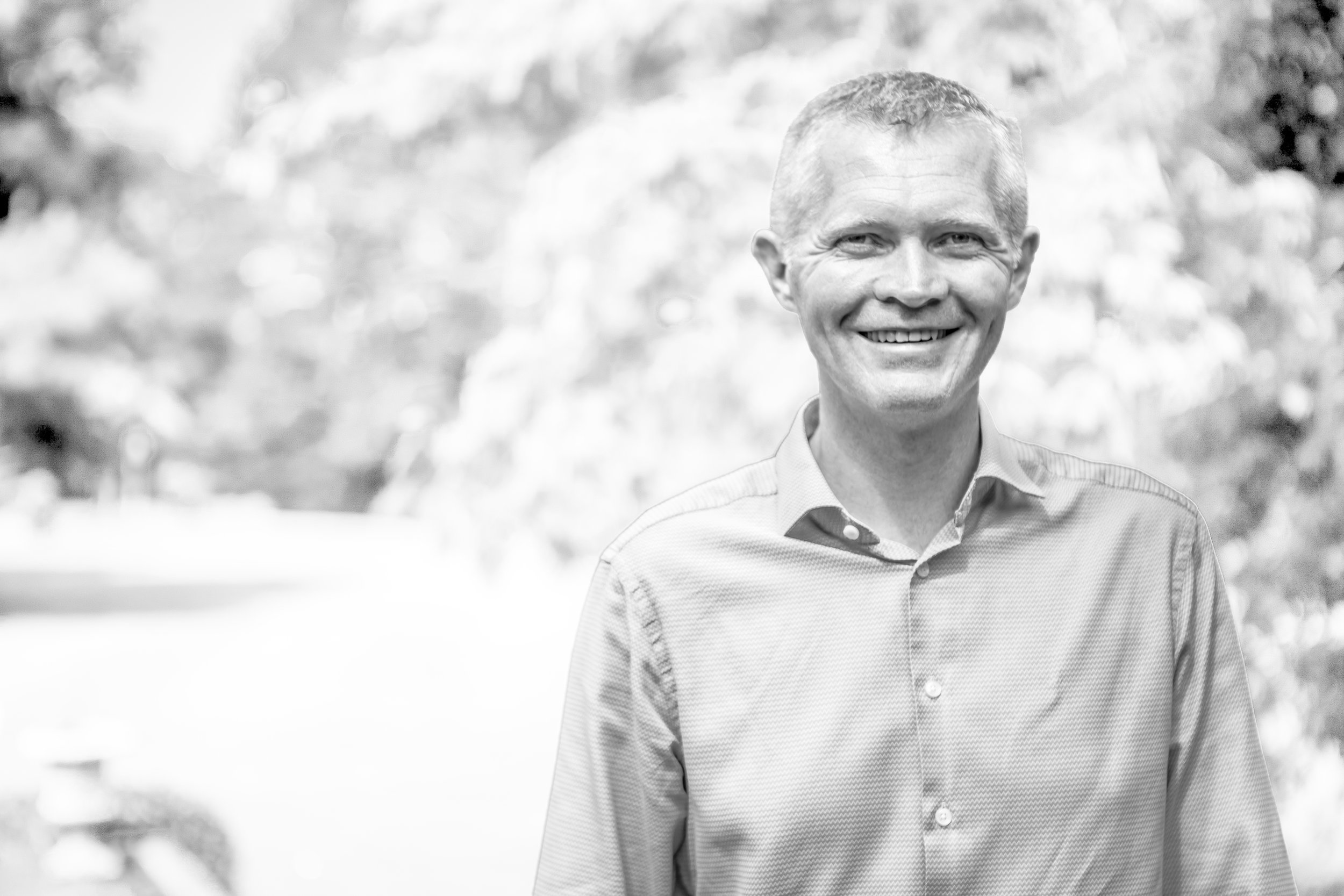Written by Carl Reaich, Divisional Manager - Consular Division, Ministry of Foreign Affairs and Trade
It’s been just over a year since I filled in my application to join the 2018 Leadership Programme. Having breezed efficiently through most of the form, one of the final questions slowed me down and made me think. It asked me to identify a leader who inspired me, and to explain why. I named Dame Whina Cooper, a great New Zealander who inspired many Māori and Pakeha with her determination and advocacy over the course of her long life. Dame Whina also had something to say about how the environment we experience as children shapes New Zealand as a nation:
“Take care of our children Take care of what they hear Take care of what they see Take care of what they feel For how the children grow So will the shape of Aotearoa.”
Dame Whina’s words came back to me during our last session in Hanmer Springs, which focused on our outer and inner environment. The experiences and activities we participated in during the session underlined the enormous environmental challenges facing our communities, our nation and our world. As always, it was easy to list those challenges and to identify their consequences if left unaddressed. We talked into the night about the scale of the problems, and about our own seeming inability to address them. Yet for me the most powerful aspect of the session was what it disclosed about our inner environment.
When we first got together as a group in February, I was struck by what an impressive, confident and high-achieving group of people it is. What I didn’t fully appreciate then, but do now, is the extent to which the 2018 cohort reflects the diverse society we live in. Some of us grew up here in New Zealand, some of us were brought here as children, while others chose to live here as adults. Some of us were raised in stable and loving homes, rich with opportunities. Others of us had childhoods that were insecure or unsafe, and had to grow up very quickly.
This session was a reminder that what we heard, saw and felt as children continues to shape us as leaders, as parents and as citizens. Like many New Zealanders, some of us in the 2018 cohort continue to grapple with issues of confidence, identity, or self-belief. Others amongst us are dealing with difficult ongoing challenges in our personal lives or at work. And others of us are thriving and doing our best to lead fulfilling lives. None of us claim to have found a perfect balance between the competing needs of our relationships, our work, our communities, and ourselves.
The balance between family, career and self is not easy to find. There is no shortage of podcasts, self-help books and gurus who claim to have all the answers. For my part, as befits an unimaginative working class Cantabrian, I’ve always been dubious about ‘holistically regenerative inner learning journeys’. I’m similarly leery of the efficacy of dream catchers, the healing power of crystals, and the contemporary relevance of antediluvian diets.
Nonetheless, my experience at Leadership New Zealand has taught me that effective leaders need to look inwards as well as outwards. It has also demonstrated that we need to continually work on ourselves – our inner environment – if we want to be able to influence any other environments. In particular, LNZ’s Programme Director, Louise Marra, has opened the door for us to move beyond anodyne corporate leadership theory and instead explore techniques that promote self-realisation and conscious leadership. She has shown us how to attain some inner quiet amidst the daily cacophony of our lives, and how doing so can promote clarity, insight and energy.
Being only three at the time, I don’t remember the day when Whina Cooper, set off – aged 79 – along the dusty shingle road from Te Hāpua on her 1,000 kilometre hikoi in 1975. Yet Dame Whina’s advocacy, and that of many others before and since, made a lasting impact on the life of our country. The Treaty at last emerged from being a tatty irrelevance to being the basis for all future conversations about the government, society and environment of Aotearoa.
Finally, this session taught me another lesson. Namely, that the stories that the Leadership New Zealand whānau tell about their lives are parables every bit as powerful and as relevant as those of Dame Whina and other inspirational leaders from previous generations. Each of those stories demonstrates the influence our environments have on us, and how we – as leaders – can influence our environments in turn.

